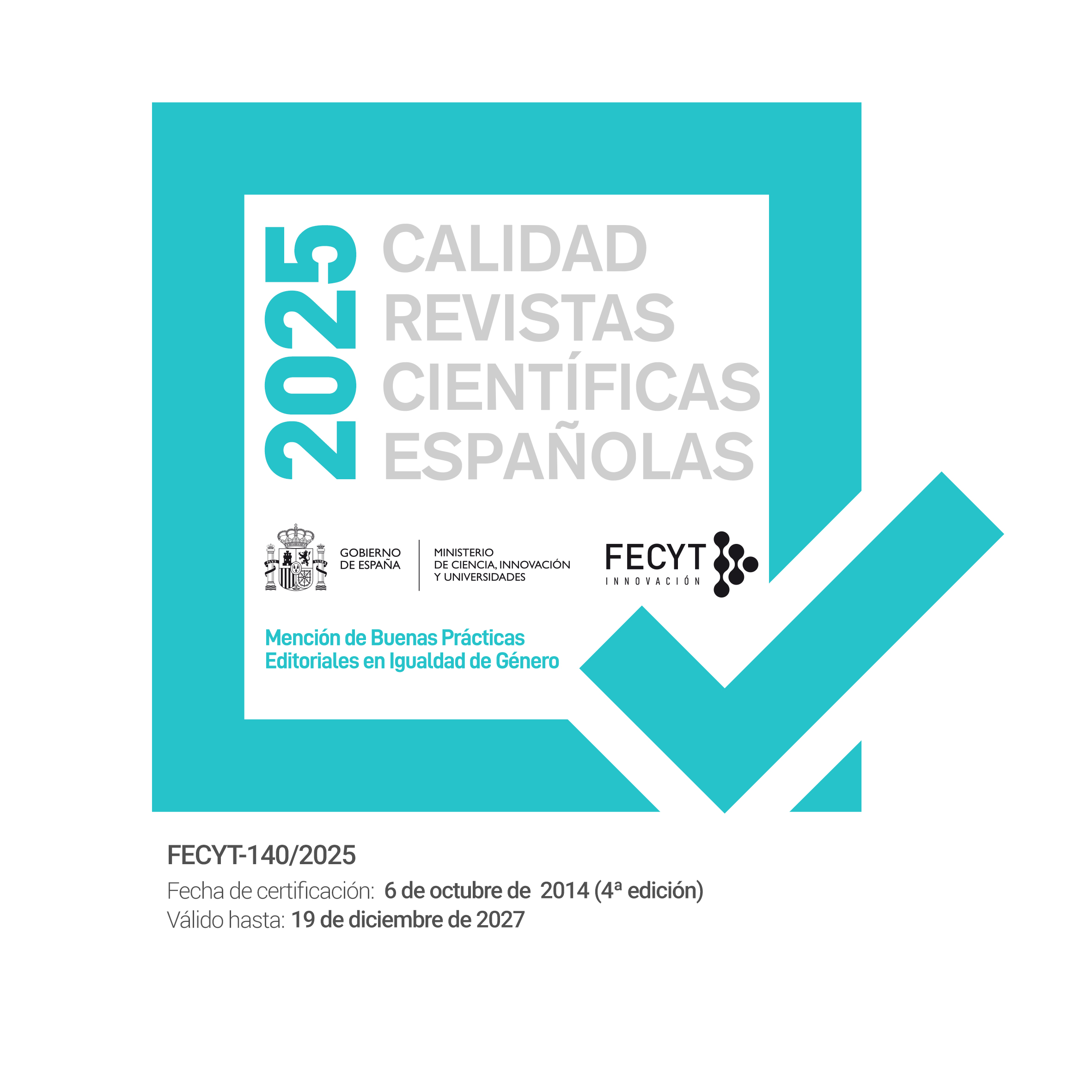EFICACIA DE UN PROGRAMA DE INTERVENCIÓN PARA MEJORAR LA COMPETENCIA, AUTONOMÍA Y BIENESTAR DE EDUCADORES DE CENTROS DE PROTECCIÓN DE MENORES
DOI:
https://doi.org/10.5944/educxx1.13.2.251Resumen
En este estudio cuasi-experimental pre-test post-test sin grupo control, se analizaron los efectos de un programa de intervención, cuyo objetivo fue mejorar el bienestar de los educadores a través de la satisfacción de las necesidades
de competencia y de autonomía. Participaron 55 educadores, 24 hombres y 31 mujeres (M edad = 33,6; DT = 8,1) que trabajaban en Centros de Protección de Menores de la Comunidad Valenciana. Los resultados mostraron un cambio significativo en todas las variables en la dirección esperada. Además, informaron que los cambios en la satisfacción de las necesidades de competencia y autonomía produjeron cambios en la autoestima; mientras que las variaciones en la vitalidad subjetiva fueron explicadas a partir del incremento en la satisfacción de la necesidad de autonomía. Los resultados sugieren que se puede promover el bienestar de los educadores a través de cambios en la satisfacción de las necesidades básicas.
ABSTRACT
In this quasi-experimental pre-test post-test study without a control group, the effects of a training program were analyzed. The aim of the intervention was to improve educators’ psychological well-being through increasing their autonomy and competence need satisfaction realized in their work with young
people. Participants were 55 educators, 24 males and 31 females (M age = 33.6; SD = 8.1), who worked at different Centers for Protection of Minors from Valencian Community. Results reported a significant change, in the expected
direction, in all the variables studied. Also, results revealed changes in the satisfaction of the needs for autonomy and competence to be significant predictors of changes in self-esteem. Variations in reported subjective vitality
over time were explained by increases of autonomy need satisfaction. The results are aligned with Self Determination Theory and suggest that the welfare of educators involved in protection centers for children can be promoted via increased satisfaction of basic needs.
Descargas
Descargas
Cómo citar
Número
Sección
Licencia
La revista Educación XX1 se publica bajo licencia Creative Commons Reconocimiento-NoComerciaL 4.0 (CC BY-NC 4.0). Se permite la generación de obras derivadas siempre que no se haga un uso comercial. Tampoco se puede utilizar la obra original con finalidades comerciales.










